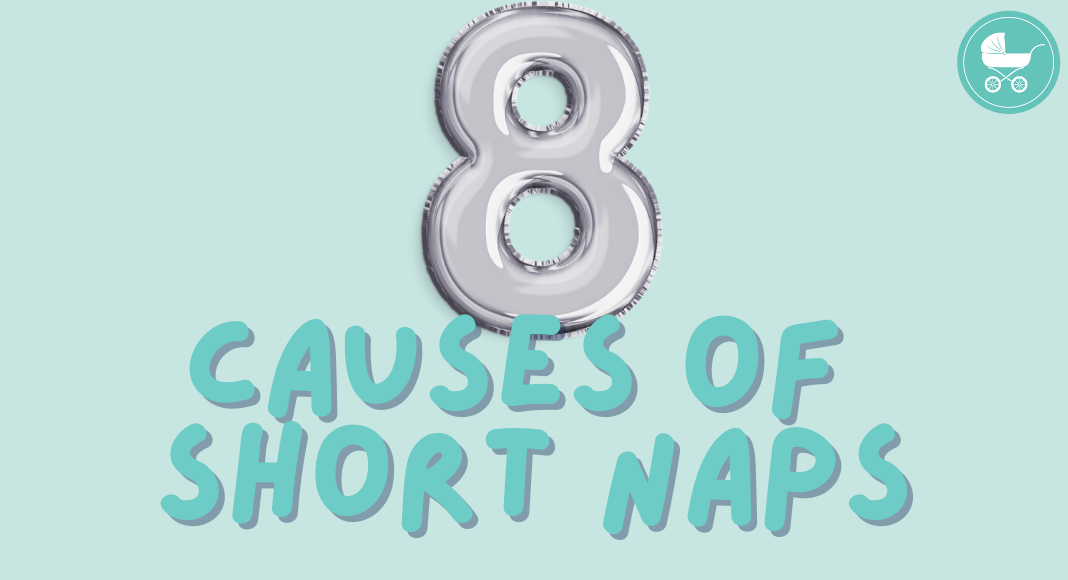
February 2, 2016
I remember the night so vividly. Panic flooded my body as I sat next to my three year old son. He was going through one of his frequent night terrors and at that very moment there wasn’t anything I could do to stop him. He was screaming bloody murder, kicking his legs and flailing his […]
Night Terrors vs Nightmares

I remember the night so vividly. Panic flooded my body as I sat next to my three year old son. He was going through one of his frequent night terrors and at that very moment there wasn’t anything I could do to stop him. He was screaming bloody murder, kicking his legs and flailing his arms in every direction.
I just sat there in fear.
Trying to stay calm. Trying to comfort him. Trying to hold him.
But nothing was calming him down. I just kept praying that he would stop.
Six minutes later he stopped. A moment of silence had passed. He grabbed his blanket, rolled over to his side and went back to sleep as if nothing had happened. I sat there disbelief. I couldn’t move for a bit, fearful it would happen again and stunned at what I had just seen.
Throughout the years, I have personally worked with many parents who had been dealing with night terrors but experiencing it with your own child created an entirely new emotion. A common question that we get asked is what the difference between a night terror and a nightmare? Are they the same or completely different? After my sons episode, I wanted to gain a deeper understanding at finding ways to prevent these from happening with other children, describe the difference between the two, and give a solution on how to handle them when they do occur.
What is the difference between a night terror vs a nightmare?
What do you do when one occurs?
How can you help prevent them from occurring frequently?
Get instant access to our free sleep class for children from newborn to 5 years old. You will learn how to get your child to sleep independently -- and all through the night!
Get Your Child To Sleep All Night Long in as Little as 7 Days!
join the free class
THE CLASS


